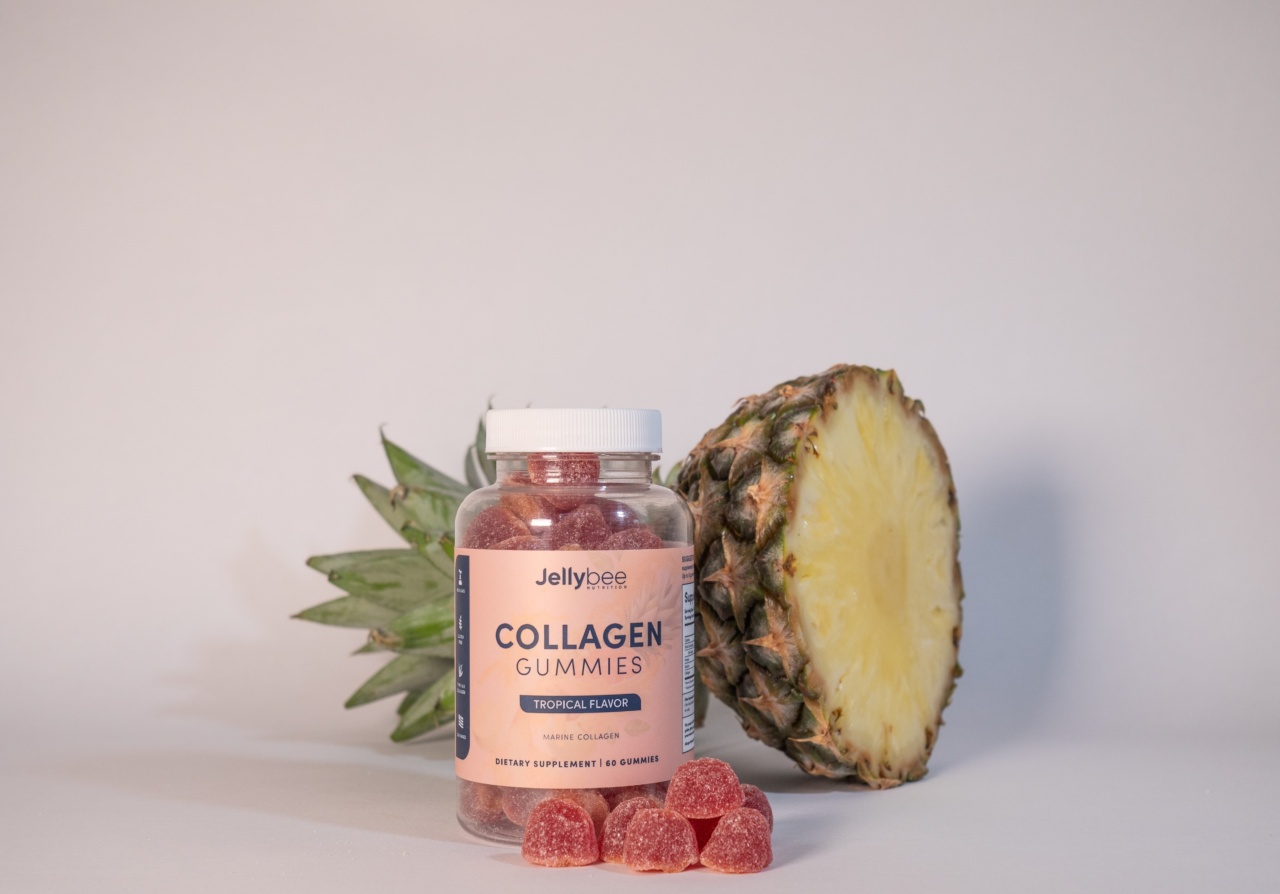Aging is a natural process that cannot be avoided. However, there are ways to slow down the process and maintain good health as we age. One of those ways is through the consumption of vitamins in our diets.
Vitamins are essential micronutrients that are crucial for maintaining healthy bones, skin, and organs, and have been proven to help fight against aging. Here are some of the benefits of vitamins in fighting aging:.
Vitamin A
Vitamin A is a fat-soluble vitamin that is important in maintaining good eyesight, healthy skin, and a strong immune system. It is also known for its anti-aging properties that help to reduce the appearance of fine lines and wrinkles.
Vitamin A is commonly found in foods like sweet potatoes, carrots, spinach, and liver.
Vitamin C
Vitamin C is a water-soluble vitamin that acts as an antioxidant in the body. It helps to protect the skin from damage caused by free radicals and prevents the breakdown of collagen, which keeps the skin firm and resilient.
Vitamin C is also important in forming new collagen, which helps to improve skin elasticity. Foods that are high in vitamin C include oranges, strawberries, guava, and broccoli.
Vitamin E
Vitamin E is another antioxidant that helps to protect the skin from damage caused by the sun and other environmental factors. It also helps to improve skin texture and prevent the appearance of age spots.
Foods that are high in vitamin E include almonds, sunflower seeds, and avocados.
Vitamin D
Vitamin D is important for maintaining strong bones and teeth, as well as a healthy immune system. It is also known to help reduce the risk of certain age-related conditions such as osteoporosis and cognitive decline.
Vitamin D is primarily obtained through sunlight exposure, but can also be found in fatty fish, egg yolks, and fortified foods like milk and cereals.
Vitamin K
Vitamin K is important in maintaining healthy bones and preventing osteoporosis. It helps to regulate calcium in the body and is also involved in the process of blood clotting. Foods that are high in vitamin K include kale, spinach, and Brussels sprouts.
B Vitamins
The B vitamins, including B6, B9 (folate), and B12, are important for maintaining a healthy nervous system and protecting against age-related cognitive decline. They also help to produce red blood cells, which carry oxygen throughout the body.
Foods that are high in B vitamins include leafy greens, whole grains, and lean meats.
Antioxidants
Antioxidants are compounds that help to protect the body against damage caused by free radicals, which are unstable molecules that can cause cellular damage and contribute to the aging process.
Some of the most potent antioxidants include vitamins A, C, and E, as well as beta-carotene, lutein, and selenium. Foods that are high in antioxidants include berries, dark chocolate, nuts, and green tea.
Conclusion
Consuming vitamins and antioxidants through our diets is an important factor in maintaining good health as we age.
These micronutrients help to protect the skin from damage and prevent the breakdown of collagen, which helps to keep the skin firm and youthful. They also help to improve cognitive function, maintain strong bones, and support the immune system, all of which are important for a healthy, active lifestyle in later years.






























